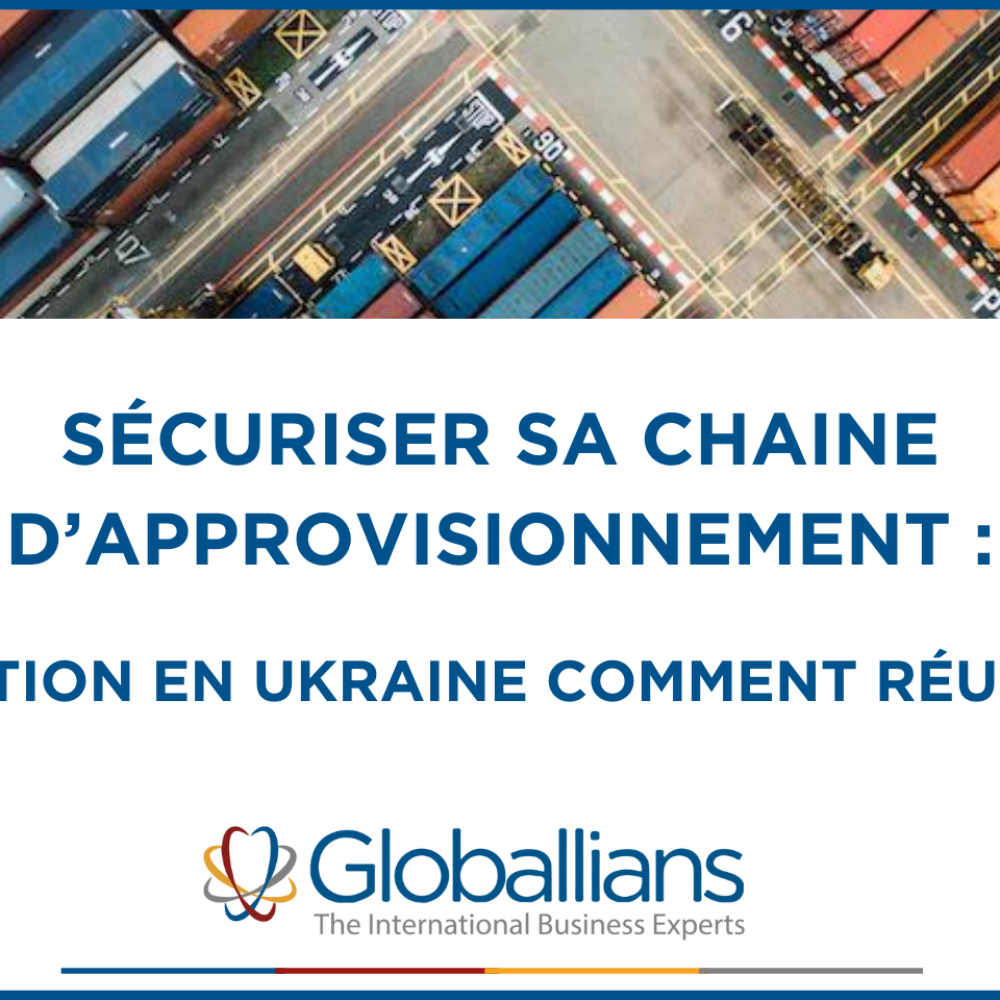Cosmetics labelling in China: a demanding and sophisticated market
China is currently one of the most dynamic markets for cosmetics, driven by a growing, ultra-connected and highly informed middle class. But to succeed in this market, you need to master strict regulations and highly specific marketing codes.
Labelling to meet the requirements of the Chinese market: what you need to know
Strictly regulated claims in China
In China, every claim made on the label (e.g. moisturizing, anti-ageing, radiance, anti-wrinkle) must be scientifically proven, usually through clinical tests. The stronger or more specific the claim, the more stringent the validation requirements, which represents a significant additional cost for brands.
Despite this, these claims are essential to capture the attention of Chinese consumers, who are looking for effective, tested and credible products.
Customs regulations and labelling options
Cosmetic products imported into China must be labelled in Chinese in order to be sold. Brands have two options:
-
Printing the entire label in France:
this allows you to control the design and visual aspect of the label, but it is risky, as the slightest error could result in the label being blocked from entering the country.
-
counter-labelling in customs, via an approved forwarding agent:
the product is sent with its French label only, then receives its Chinese label in the bonded zone.
This counter-labelling, although less aesthetic, can be an important indicator: it proves to the consumer that the product has really been imported. This reassures the consumer that the product is not a fake, supposedly foreign brand whose products are actually made in China (this happens frequently).
The label: a marketing tool to be looked after for the Chinese market
Even if a product complies with regulations, poor communication can be detrimental to its marketability. Marketing is more than key on the Chinese market. The marketing message must therefore be adapted without betraying the product promise.
Expert consumers in China: the “Skintellectuals”
Chinese consumers have a particularly high level of knowledge. Many of them carefully read the composition of products and know how to identify the function of ingredients, their efficacy and the percentage required for an active ingredient to be considered relevant and effective. This knowledge imposes rigor on product formulation and labelling.
The QR code: a bridge between tradition and modernity
Despite a persistent tradition of back-labelling, China remains a pioneer in e-commerce and digital technology. Consumers are keen on QR codes, which provide access to enriched information: traceability of ingredients, advice on use, certifications, etc. This is an excellent way for brands to promote their expertise and build trust.
Remember: Chinese regulations impose strict requirements
- Translation into Chinese of all relevant information (name, list of ingredients, instructions for use, precautions).
- Inclusion of the name and address of the Chinese importer.
- Date of manufacture and shelf life.
- Compliance with specific standards for ingredients banned or restricted by the NMPA
To find out more about Chinese cosmetics regulations, read the full VVR International article: Cosmetics regulations in China: What foreign brands need to know – VVR International, développement stratégique, production, sourcing, distribution…
Choosing « Domestic Responsible Persons”: an intellectual property issue
Finally, to market a product in China, the brand must appoint a ” Domestic Responsible Persons”, a local entity responsible for regulatory procedures and contact with the authorities in the event of a problem. This entity must be given full access to formulas, ingredients, suppliers and even the identity documents of the quality manager.
VVR International: Domestic Responsible Persons and strategic partner for expansion in China
In the event that you entrust the role of Domestic Responsible Persons to your local distributor, this represents a real risk, not only in terms of intellectual property, but also in terms of independence and freedom. Indeed, you’ll have a long-term relationship with your partner, and if you want to change, it’s highly likely that they’ll try to sell you back your NMPA certificates, and as these are non-transferable from one region to another, you’ll potentially have to re-register. It is therefore advisable to entrust this role to an independent entity rather than to the distributor itself.
Solutions do exist: specialized companies like VVR International, a member of the Globallians network and an expert on the Chinese market for over 26 years, can take on this role while guaranteeing data confidentiality. As well as being a trusted Domestic Responsible Persons, VVR International supports companies in their development in China, from finding a distributor to adapting their marketing strategies to the Chinese market.

One of our 14 Globallians country experts, VVR International has been supporting foreign companies, particularly European and French, for over 25 years in their industrial and commercial development in China.
To define your marketing and sales strategy in China, contact Chloé Berndt at VVR International:


